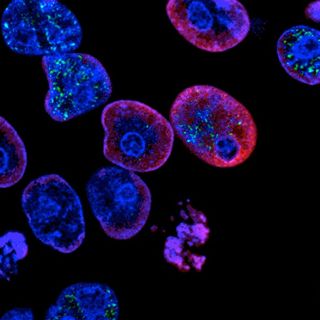Medical science has long confirmed that diet (heavy on calcium) and exercise are crucial to improving bone strength. New research now suggests that our diets are a more significant factor than exercise in building and maintaining bone strength.
For women, in particular, who are more prone to osteoporosis than men, bone strength is of the utmost importance. Bone mass peaks in our 20’s and early 30’s, and then starts to slowly decline; after menopause, when estrogen levels drop substantially, women’s bones become even weaker. Weak bones can lead to osteopenia or osteoporosis, conditions that mean you are far more susceptible to fractures and broken bones.
To a certain extent, bone strength is genetic. But lifestyle factors play a huge role as well, which is why researchers at the University of Michigan, US, looked at mineral supplementation and exercise in mice. They found that good nutrition had a greater and more lasting impact on bone mass and strength than exercise. During the study, the mice even managed to maintain bone strength gains after they stopped exercising, as long as they continued a mineral-supplemented diet.
“The longer-term mineral-supplemented diet leads to not only increases in bone mass and strength, but the ability to maintain those increases even after detraining,” said study author David Kohn, a professor in the schools of dentistry and engineering at the university.
The means that diet alone has beneficial effects on bone strength, even without exercising, which researchers weren’t expecting to find. One of the upsides of this finding, Kohn notes, is that it may be easier for the elderly, who are more susceptible to bone weakness, to continue with mineral supplements rather than regular exercise.
But the combination of a mineral-supplemented diet and exercise amplifies the benefits, so ideally, people should be doing both at the same time.
While most studies look at only the effects of calcium supplements, this one looked at increases in calcium and phosphorus. The implications of that combination aren’t entirely clear, warns Kohn, because the study was done on mice. So, don’t run out and buy phosphorous supplements just yet.
Other lifestyle factors, such as smoking and drinking alcohol, also significantly impact bone density over time.




